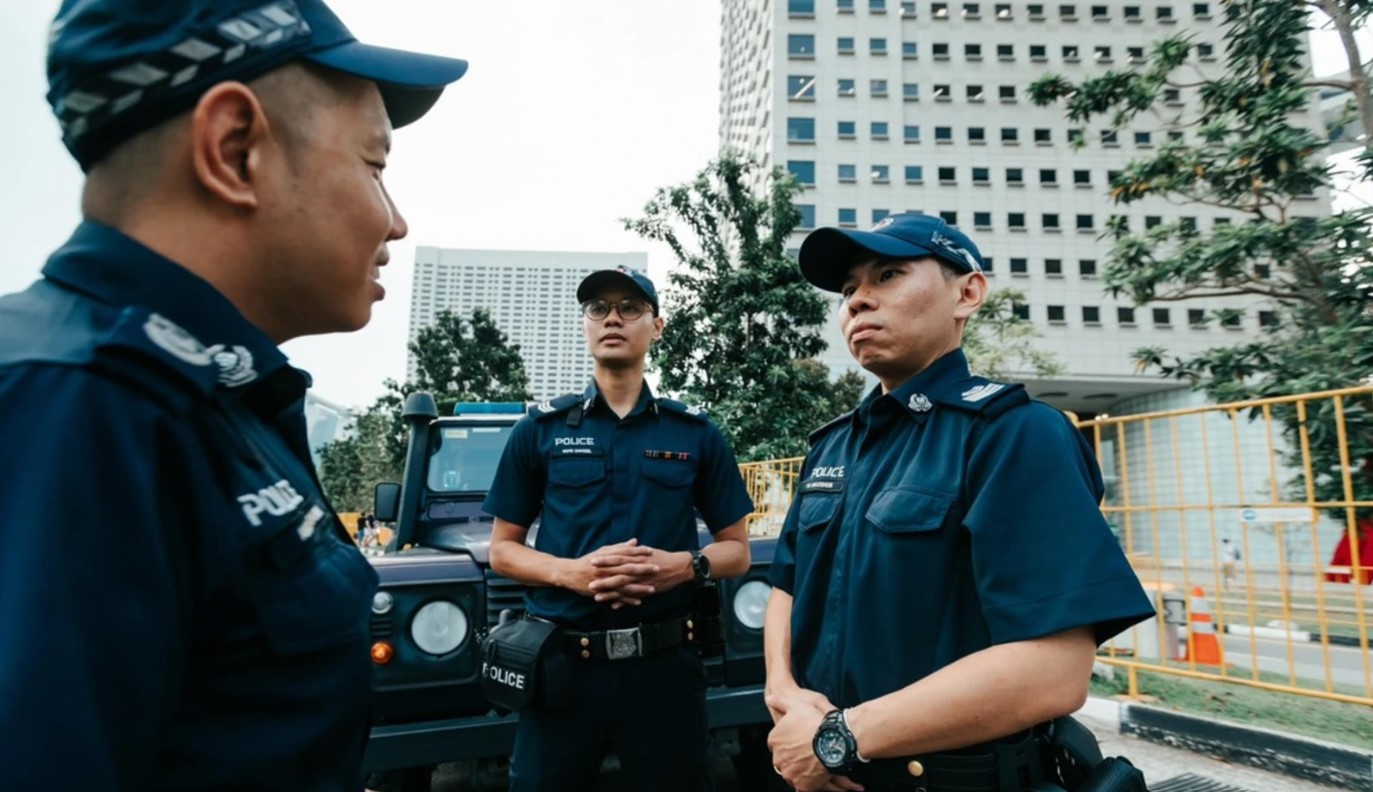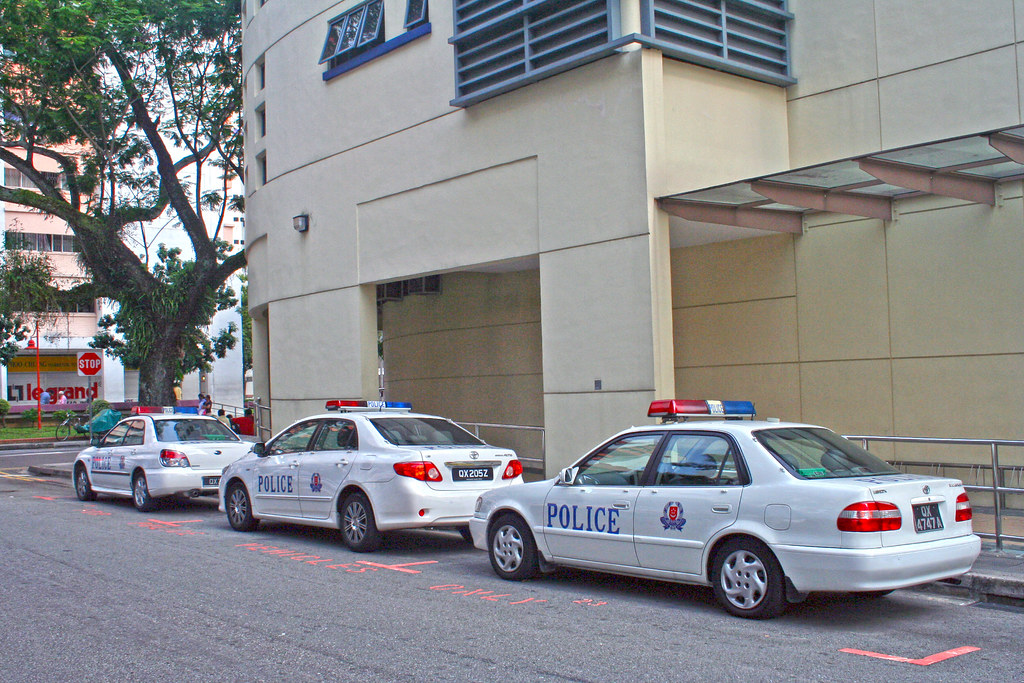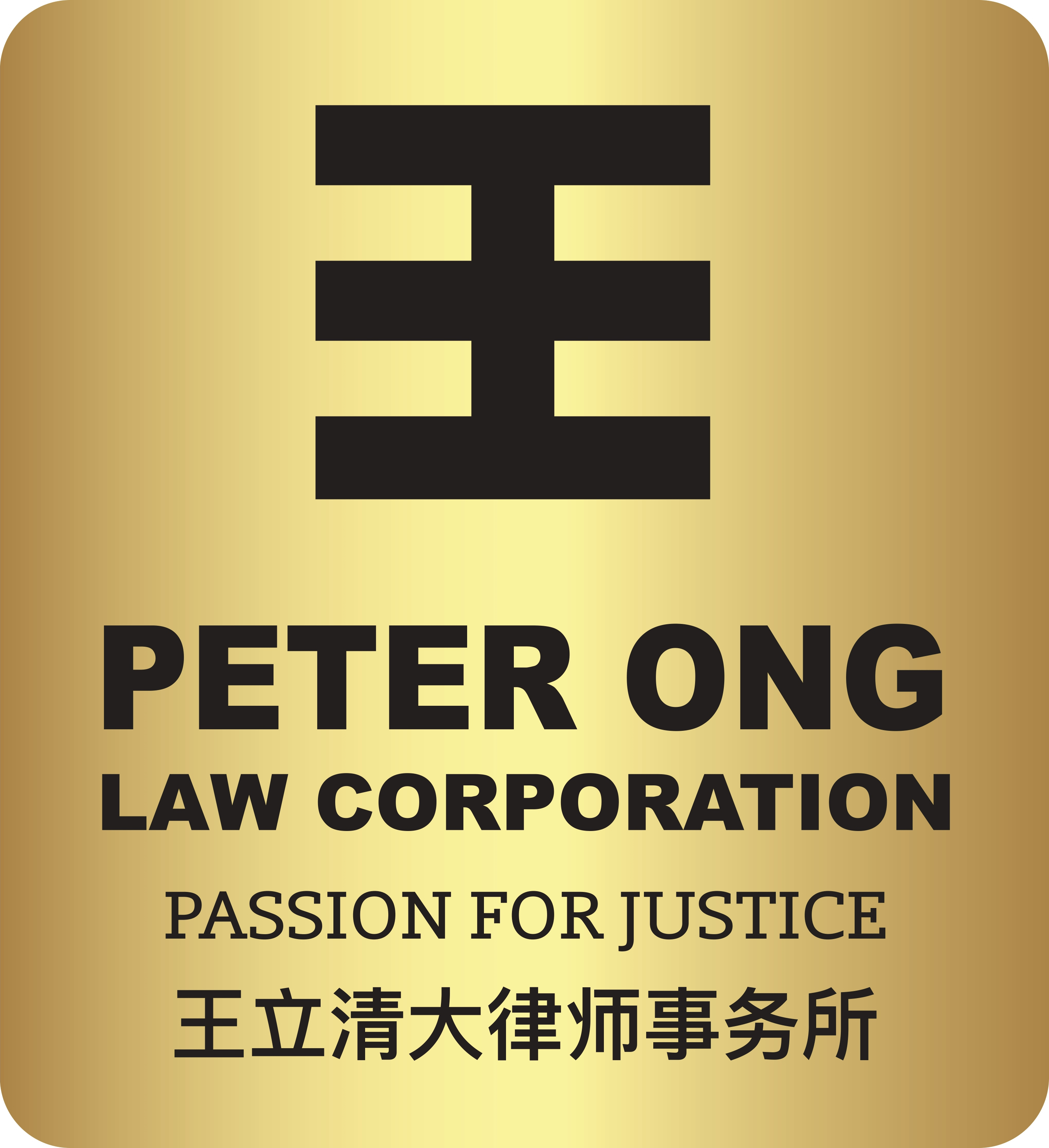
Know Your Rights During Police Investigations
Navigating a police investigation can be stressful, especially if you are not familiar with the rights and protections available to you. Here’s a breakdown of essential points to be aware of if you find yourself in this situation.
Arrest vs. Voluntary Questioning: Understanding the Difference
The police may either arrest you, or call you in for questioning without arresting you and then release you on police bail (which would not entail any money being put up as bail).
Know the 48-Hour Rule
If the police arrest you, you may be detained up to 48 hrs before being produced in court.
When Can You Be Released?
For almost all offences except those attracting life imprisonment or death penalty, you can be bailed out.

Receipt for Seized Items: Insist on Documentation
Whatever the police seized from you they are obliged to produce a receipt for it. Insist on it. Especially if they seize valuable or exculpatory evidence. The police is not perfect – they are have been known to misplace or lose evidence. (Re the Everitt Road case – a videotape submitted by one of the accused persons to the police was never seen again.) We should not speculate on whether they do so intentionally or not.
Prepare a Bailor: Requirements and Responsibilities
As a matter of priority, get a bailor to stand by. A bailor should be a Singapore citizen or PR, not a bankrupt, & of majority age (i.e. 21). He may be required to put up surety (cash or FD, or valuables subject to verification) if the bail set by the court exceeds S$15k. Such a bailor is essential whether you are required to post police bail or court bail. Ever since the Great Escape by Richard Yong, it became a norm for the court to forfeit accused persons passport as a matter of course as a condition of bail. So ask bring the passport to court.
Extension of Remand Beyond 48 Hours: Holding Charge
If you are to be charged in court, the Police may apply to Court to extend your remand beyond the first 48 hrs by preferring a ‘’holding charge’’ against you. More charges may be added in subsequent court mentions. Objections to this has not been effective thus far.
Extended Remand and Holding Charges: When the Police Seek More Time
For factually complex cases, cases involving numerous accused persons, or violent crime cases, the police has been known to apply to court for remand beyond the first 48 hrs.
Protection Against Mistreatment: Reporting Abuse
If you are ill-treated (or physically assaulted), this is against the law, and you should immediately contact your counsel upon being bailed out, with a view to consider lodging a police report against the culprit.
Handling Unfamiliar Documents: Demand Clarity Before Responding
If you are shown documents either dating from long ago, or which you have never seen, or which was not drafted or signed by you, you may demand an explanation of what the document is before answering questions about it.
Plausible Deniability: When a Document Isn’t Yours
In general, if a document is not signed by you, you have ‘’plausible deniability’’ – i.e. if you proclaim ignorance of such a document or that you have nothing to do with such a document, you may be possibly believed.
Requesting Document Explanations: Ensure Full Understanding
If you do not understand any document, or do not appreciate the context of the document, or have never seen it before, say so, and demand it to be explained to you. If you are making a statement with references to detailed or complex documentation, make sure your statement is clear as to which precise document you are referring to at any given juncture.
Answering Questions Carefully: Don’t Rush Responses
Do not answer a question unless you are very sure you understand it.
Take Time to Think: Avoid Immediate Answers
You are entitled to think before answering. No points are scored for answering quickly and without careful thought. Refuse to be rushed into giving an answer you may regret later. Stick to facts which are within your own knowledge. Do not offer opinion, views, conjectures, guesswork or comments.
If You Don’t Know, Say So: Avoid Unnecessary Assumptions
If you do not know a fact, say so and refuse to speculate. Explain WHY you do not know a certain fact. If it is not something seen or known by you, say so. If you cannot remember something, say so. You are entitled to forget things which can occurred a long time ago. You are also entitled to forget details (with whom did you have lunch with on 26 Mar 2006?)
Hierarchical Knowledge Limits: Roles and Responsibilities
If you are highly placed in a Company (eg CEO), you can plausibly deny knowledge of a lot of details at the operational level of the company, especially things which you are not expected to do yourself. Conversely, if you are not highly placed, you can well deny knowledge of what your superiors did, or things beyond your job-scope or duties.
Jurisdictional Limits: Answering Questions About Overseas Acts
Police’s jurisdiction is strictly territorial (with the notable exception of corruption offences). So, any questions with respect acts out of Singapore, there is no need to answer. Say you will answer such questions if asked by a police officer belonging to the country in which such facts have occurred.
Use Your Own Words in Statements: Right to Amend Phrasing
You are entitled to give your answers in your own words. If the recording officer changes yoru choice of words, or you dislike the nuances of your answer in the typewritten version, you are entitled to cross out any part you disapprove of, and pen in the amendments yourself, counter-signing against the amendments.
If you are told you cannot change, amend or delete any statement, DO NOT SIGN IT but write onto the statement the words ‘’I have been prevented to make
necessary amendments/deletions to this statement. I will not sign it until I am allowed to do so.’’
Remain Neutral to Officer Reactions: Focus on Facts, Not Emotions
Remember – you should not aim to please the interviewing officer. Whether he is happy or sad, angry or pleased has no bearing on your eventual fate, which will only be decided by the Courts.
If the interrogator says ‘’I don’t believe you’’ Calmly answer ‘’But that’s the truth.’’ You are not obliged to persuade the interrogator, so don’t fall into the trap of trying to persuade him. Realize that whether he believes you or not, he might still charge you anyway.
Police Promises Have No Binding Power: Only the Prosecutor Decides
Your interviewing officer has no power to promise anything. The Public Prosecutor decides finally what is to happen to you. Any ostensible promises held out by the interviewing officer will be dishonoured.
Responding to Implications by Others: Restate Your Own Account
If told someone else has confessed, say ‘’that’s up to him’’, and restate your case. If told someone else has implicated you, say ‘’that’s up to him’’, and restate your case:
‘’in my recollection, what happened in truth was … ‘’
If you are asked rhetorically, ‘’Are you saying he is lying?’’ say ‘’well, that’s what he says’’, and use that opportunity to restate your case: ‘’in my recollection, what truly happened was … ‘’
Avoid Guessing Other People’s Intentions: Focus on Your Own Knowledge
Refuse to comment on other people’s state of mind. If asked ‘’Does he hate you?’’ ‘’Does he have a grudge against you?’’ ‘’What will he think if he knows you said that?’’ Answer ‘’You have to ask him that.’’

Detecting Questioning Tactics: Why Pressure May Indicate Lack of Proof
Always remember this – if your interviewing officer already knows what you did, he won’t be pressing you very hard. The harder he is trying to make you confess, the more obvious it is that he needs you to confess because he has no proof of what you did, so don’t give it to him on a silver platter if you can help it. Its when he is very relaxed and nonchalant that he probably already possess hard evidence of the naughty things you have done.
Risk of Provable Falsehoods: Stick to Truthful Statements
Be advised that whatever you state in your statement, would be used against you in court, eventually. Even a ‘’total denial’’ statement can be used to cross-examine you and impeach your credit in court should your testimony in court differ in material details from what you have stated in your statement. Therefore, state the truth if the truth is in your favour; and avoid what we call ‘’provable falsehoods’’.
For example, by now, it is impossible to say what you ate for breakfast last Monday. I.e. even if you lie, you cannot be disproved. However, an example of a ‘provable falsehood’ is if you say you were in USA on 1 Jun 08 whereas you were in fact not, evidence may be adduced from Singapore and US immigration authorities to show that you have lied. When you are charged by the police, you will be invited to state your case briefly in what is called the ‘Cautioned Statement’.
Making a Cautioned Statement: Briefly State Your Defense When Charged
You would do well to state in brief what your defence is in writing when called to do so. If you fail to state so, your defence might be less likely to be believed by the Judge in your subsequent trial. You have a right against self-incrimination – nobody can force you to confess. If you refuse to confess, THAT is in itself NOT a crime.
Deciding Whether to Confess: Your Right Against Self-Incrimination
Its your choice whether to confess. If you wish you can make a clean breast of everything you have done with the police and come clean completely. This is your right. It is NOT an offence to refuse to confess. You have a right AGAINST self-incrimination.
Value of a Full Confession in Mitigation: When Evidence is Overwhelming
However, a full confession – if made – is useful in mitigation. Generally, if there is irrefutable evidence of what you have done (like a video recording, or 2-3 independent witnesses, or incriminating documents you signed or produced) its quite difficult to put up a complete denial; however, if you have an explanation for any document consistent with your innocence you should make sure you state so clearly and unambiguously.
Refusing Polygraph Tests: Your Rights Regarding Lie Detector Tests
Lie detector (polygraph) evidence is for the time-being inadmissible in Singapore (and most Commonwealth jurisdictions) although the Americans LOVE it. So it is well within your right to refuse to undergo a lie-detector test.
Polygraph Test Outcomes: How They May Influence Police Decisions
What happens is when everything is in the balance, i.e. they are not sure whether you are guilty, if you fail your polygraph test they might be persuaded by the failure to charge you. I.e. it tips their hand.
Providing Body Samples: Obligations and Rights
You are required by law to provide breath or blood samples in traffic cases. In all other cases, anyone who is arrested and accused of a crime is also obliged to give a body sample (to cut a very long story short). So it is not realistic to refuse to give a body sample. Just about the only right you have is to insist that a qualified nurse, paramedic or doctor take your body sample in a hospital.
Lawyer-Client Privilege: Protecting Private Legal Discussions
Whatever you have discussed with your lawyer and whatever your lawyer advised you is privileged – i.e. you can REFUSE to answer all questions relating to what you have discussed with your lawyer and whatever your lawyer advised you.
Explaining Legal Representation: “To Preserve My Rights”
If you are asked ‘’if you are not scared or guilty why you retain a lawyer?’’ A good answer would be ‘’to preserve my rights’’.
Avoiding Provable False Statements: Honesty Is Key in Court
A lawyer can never advise a client HOW to answer a question. We can only advise you that it would be an offence to deliberately make a false statement to the public servant knowing that it is false or not believing it to be true. In reality that means you should avoid making a provably false statement. For eg the police may never be able to prove or disprove what you ate last night for dinner, but they can confirm whether you were in JB this morning.
